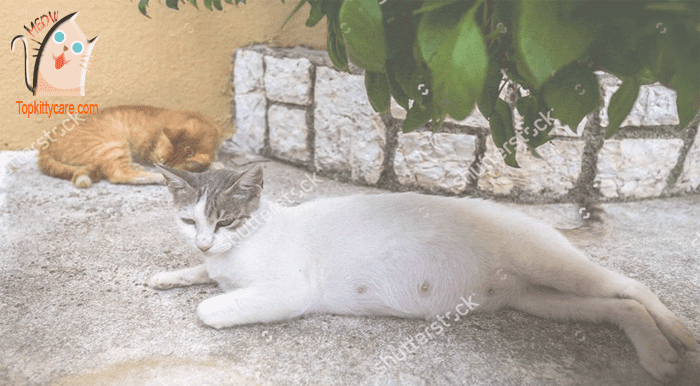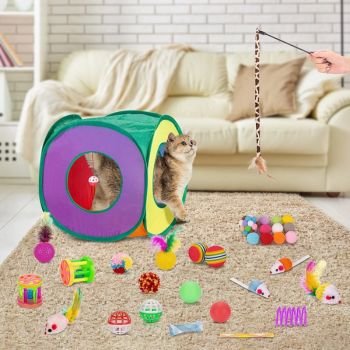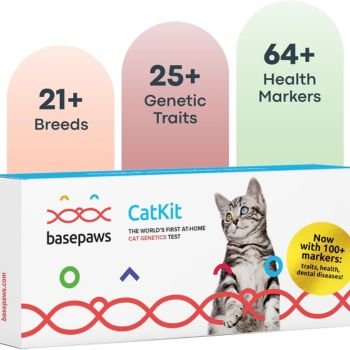Taking care of a cat during the process of giving birth can be a challenging responsibility for cat owners. When a young mother with her kittens suddenly appears in the family, it can be overwhelming to handle this situation. However, with proper preparation and the necessary skills, it can be a rewarding experience. Therefore, what are the essential skills that you need to know when it comes to caring for a cat giving birth?
Before your cat giving birth, we need to care how?
If your cat goes missing for 1-2 days and returns home, it’s important to prioritize their care amidst other daily activities. If after a month you notice a bigger bulge in the cat’s belly, it’s likely that your cat is pregnant.

The same formula for general care applies to pregnant cats, with a focus on proper nutrition. Enhance your cat’s diet with foods that contain wheat flour and increase the amount of rice to produce more milk.
Avoid giving your cat spicy, salty, bitter, or hard raw foods during this period. Additionally, do not allow cats to take any medication or injections as it may affect the health and shape of the kittens.
Keep the sleeping area of the mother cat warm and comfortable by providing a litter box to avoid sun exposure. Use a soft liner that’s not too thick for the mother cat. After giving birth, make sure the mother cat does not lie on the kittens to avoid overheating.
(*) Top 10 Best Self Cleaning Cat Litter Boxes Reviews
Caring for Cats After Birth
After a cat gives birth and creates a nest, it’s crucial to observe and stay with the mother cat in a fixed location. In the event that a kitten gets stuck in the belly button and cannot get out, carefully cut it free with scissors so they can breastfeed.

Mother cats will lick their kittens clean and nurse them directly. Breast milk is the sole source of nutrition for kittens during this time, so they must feed as often as possible for at least a month. If the mother cat moves away from the nest, offer her chicken or fish bones to chew on. Cooked rice porridge and milk are also excellent options for both mother and kitten.
It’s essential to keep the mother cat and newborn kittens warm, potentially with an incandescent lamp or a rubber bag filled with warm water placed in the nest to prevent the mother cat from having less milk due to the cold. Checking on the mother cat and kittens at night is also critical to protect them from dew and ensure that the mother cat doesn’t accidentally leave a kitten behind or forget to bring them home.
In situations where the owner needs to relocate a kitten, it’s essential to gently handle the kitten and observe where the mother cat takes them. Mother cats may not respond to their owners, so it’s crucial to be patient and gentle when handling them.
Caring for Newborn Kittens After Cat Giving Birth
Proper hygiene is crucial when caring for newborn kittens. Avoid squinting their eyes, as this can lead to blindness. Use clean cotton or a tissue to gently wipe around the corners of the kitten’s eyes to remove any dirt. Regular cleaning will help prevent eye infections and promote easy eye opening.

When caring for a cat giving birth, it’s important to avoid giving baths to both mother and kitten from pregnancy to weaning. Also, avoid giving milk sugar as it may affect the digestion of cats. Instead, provide wet cat food, such as tuna-flavored food, to ensure adequate nutrition. Avoid giving spicy or sour foods.
On the day of giving birth, provide kittens with helminth to boost their resistance and health for a long life. It’s essential to keep other animals away from the mother and kittens as the mother cat may react aggressively to protect her litter.
Support the mother cat if she’s clumsy to prevent any harm to the kittens. These are essential skills to care for cat giving birth and ensure both mother and child are healthy.




